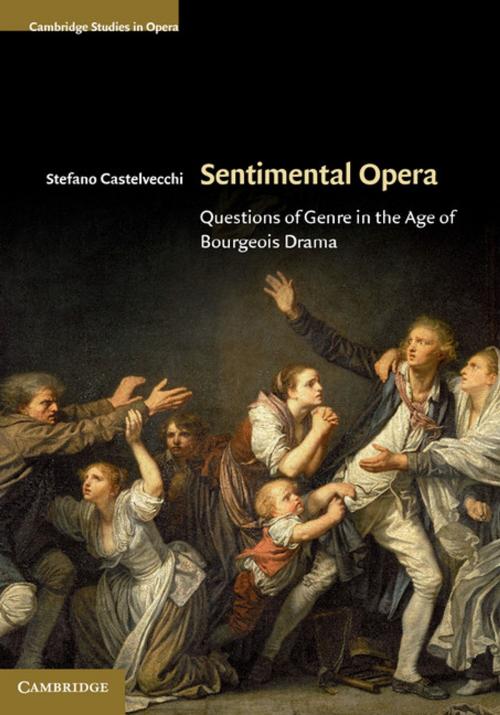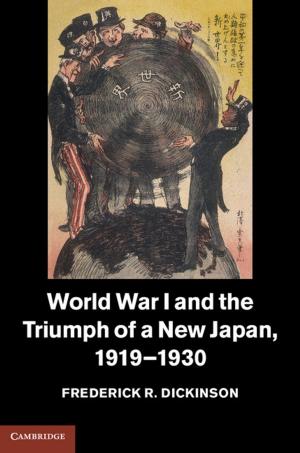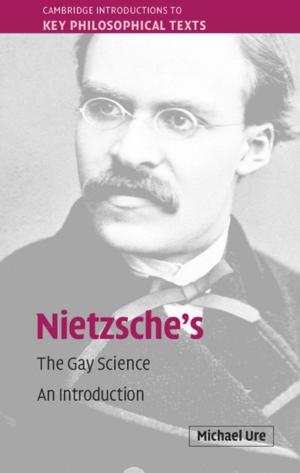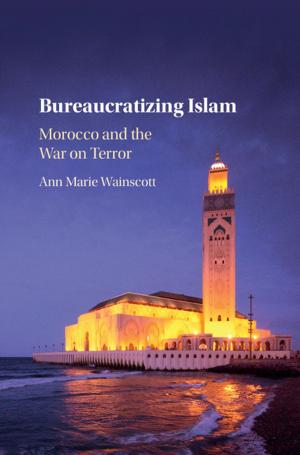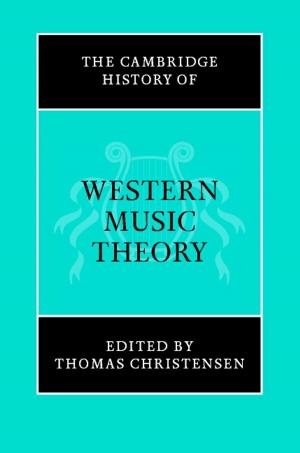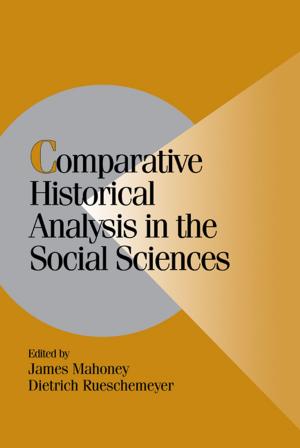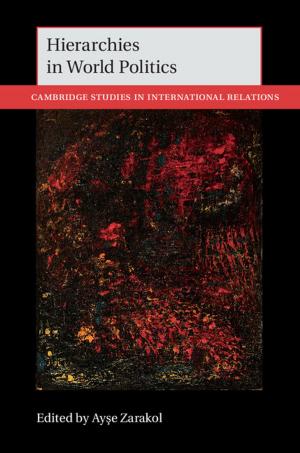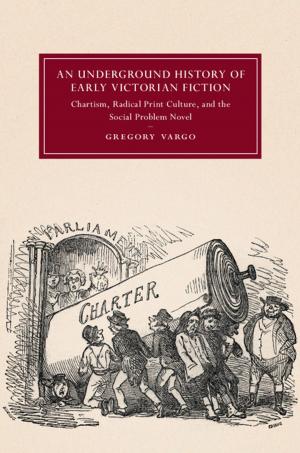Sentimental Opera
Questions of Genre in the Age of Bourgeois Drama
Nonfiction, Entertainment, Music, Music Styles, Classical & Opera, Opera| Author: | Stefano Castelvecchi | ISBN: | 9781107460232 |
| Publisher: | Cambridge University Press | Publication: | October 24, 2013 |
| Imprint: | Cambridge University Press | Language: | English |
| Author: | Stefano Castelvecchi |
| ISBN: | 9781107460232 |
| Publisher: | Cambridge University Press |
| Publication: | October 24, 2013 |
| Imprint: | Cambridge University Press |
| Language: | English |
Sentimental Opera is a study of the relationship between opera and two major phenomena of eighteenth-century European culture - the cult of sensibility and the emergence of bourgeois drama. A thorough examination of social and cultural contexts helps to explain the success of operas such as Paisiello's Nina as well as the extreme emotional reactions of their audiences. Like their counterparts in drama, literature and painting, these works brought to the fore serious contemporary problems including the widespread execution of deserters, the treatment of the insane, and anxieties relative to social and familial roles. They also developed a specifically operatic version of the dominant language of sensibility. This wide-ranging study involves such major cultural figures as Goldoni, Diderot and Mozart, while refining our understanding of the theatrical genre system of their time.
Sentimental Opera is a study of the relationship between opera and two major phenomena of eighteenth-century European culture - the cult of sensibility and the emergence of bourgeois drama. A thorough examination of social and cultural contexts helps to explain the success of operas such as Paisiello's Nina as well as the extreme emotional reactions of their audiences. Like their counterparts in drama, literature and painting, these works brought to the fore serious contemporary problems including the widespread execution of deserters, the treatment of the insane, and anxieties relative to social and familial roles. They also developed a specifically operatic version of the dominant language of sensibility. This wide-ranging study involves such major cultural figures as Goldoni, Diderot and Mozart, while refining our understanding of the theatrical genre system of their time.
